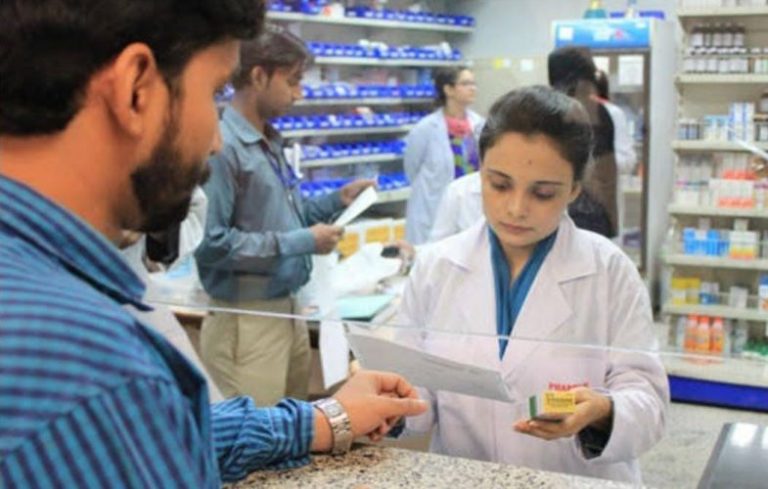
Some basic information regarding the importance of pharmacists within healthcare systems to better equip students for deciding about a career as a 21st century pharmacist
Iqra Hussain
Pharmacists play an essential role in healthcare systems worldwide where they work alongside other healthcare professionals and help ensure optimal patient care, medication safety, and improved health outcomes. In today’s complex healthcare landscape, the role of pharmacists has evolved significantly beyond simply dispensing medications.
Here I want to share some basic information regarding the vital functions and responsibilities of pharmacists within healthcare systems to better equip you to make important decisions about pursuing a career as a twenty-first century pharmacist.
Role of Pharmacist
Pharmacists are trained to optimize medication use and improve population health outcomes. When pharmacists are a member of the health care team, they can help improve medication use and adherence, expand access to care, and reduce health care costs. Pharmacy practice is increasingly shifting from dispensing medications and counseling patients, to providing patient-centered, team-based care across a variety of health care settings.
As part of an interdisciplinary team, pharmacists support patients, families, and clinicians in understanding and managing pharmaceutical treatment plans. Pharmacy practice may include assessment of patient health, formulation of a medication treatment plan, education related to pharmaceutical administration and management collaboration on medication-related problems. As a practicing pharmacist, effective care of patients is seen through activities such as counseling patients regarding their drug therapy and any related therapy devices re-evaluation and adjustment of medicine-related care plans; performing drug regimen reviews with patients to discuss their prescribed drugs and explain interactions among drug; supervise the medicines supply chain and ensure pharmacy premises and systems are fit for purpose advise other healthcare professionals about safe and effective medicines use, and safe and secure supply of medicines; respond to patients’ symptoms and advise on medicines for sale in pharmacies; provide services to patients, such as smoking cessation, blood pressure measurement and cholesterol management; supervise the production and preparation of medicines and assessments of quality of medicines before they are supplied to patients from pharmaceutical manufacturers.
Scope of Pharmacists
Pharmacists work in many different work environments. These include: Community pharmacies (sometimes called retail or high street pharmacy) and hospitals. Most pharmacists work in community and hospital pharmacy; pharmaceutical production or sales in the pharmaceutical industry; prisons, primary care organizations, universities in teaching and research; the military, veterinary pharmacy and pharmacy organizations.
It’s a vast field of science of medicine dealing with all sorts of drug interactions, drug side-effects, drug-adverse effects, drug disease effects and ensuring the safest medicine towards the patients.
______________
 Iqra Hussain graduated Pharm D from Peoples Medical University Nawabshah Sindh and is a social activist and a writer
Iqra Hussain graduated Pharm D from Peoples Medical University Nawabshah Sindh and is a social activist and a writer